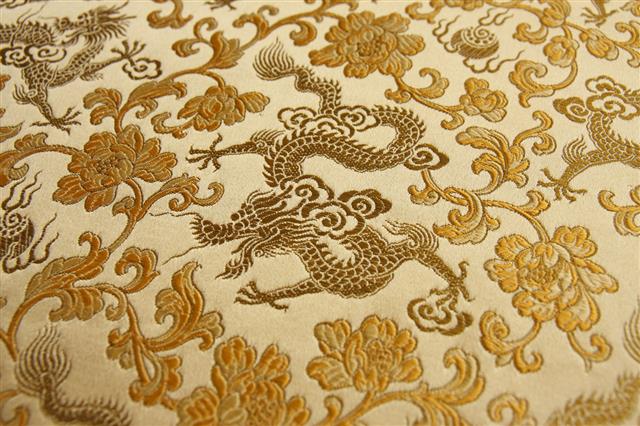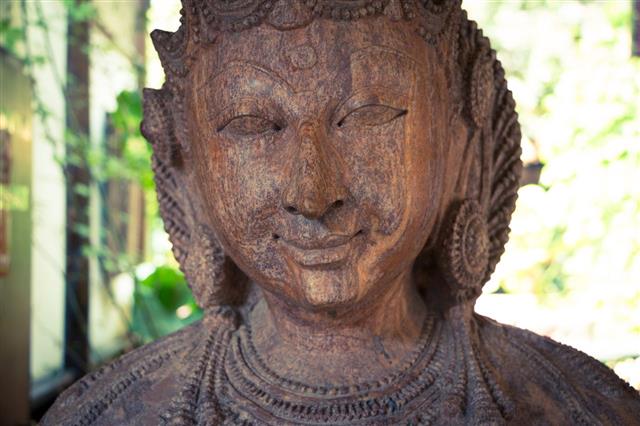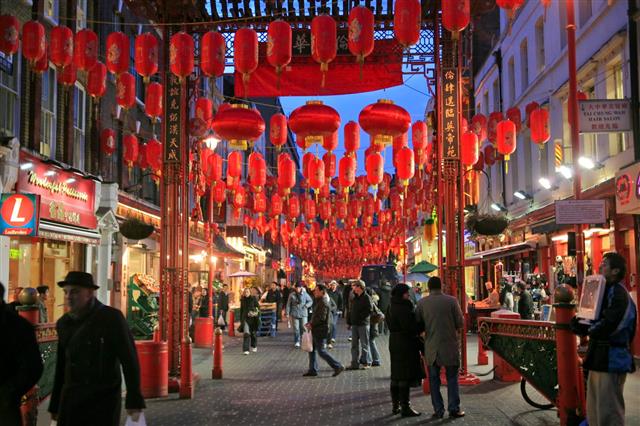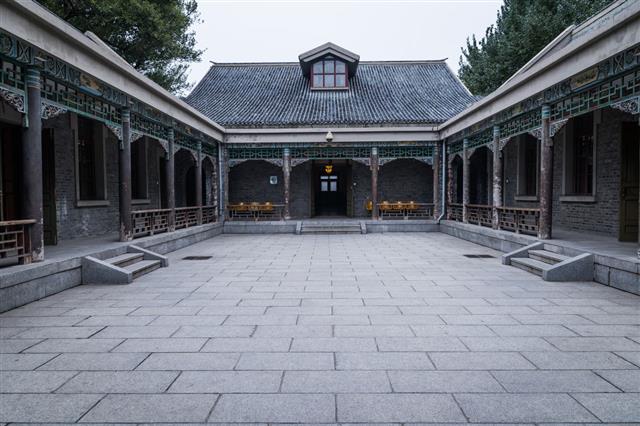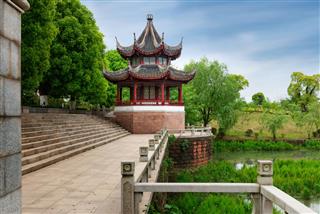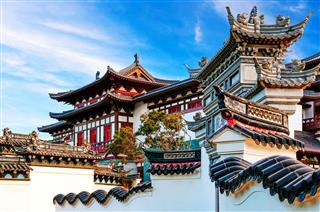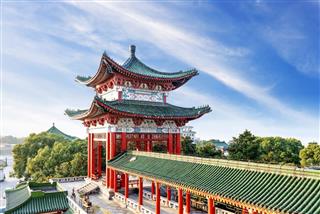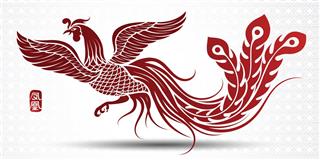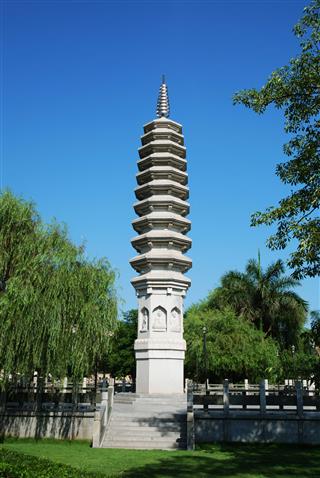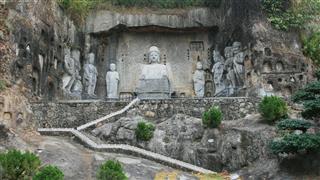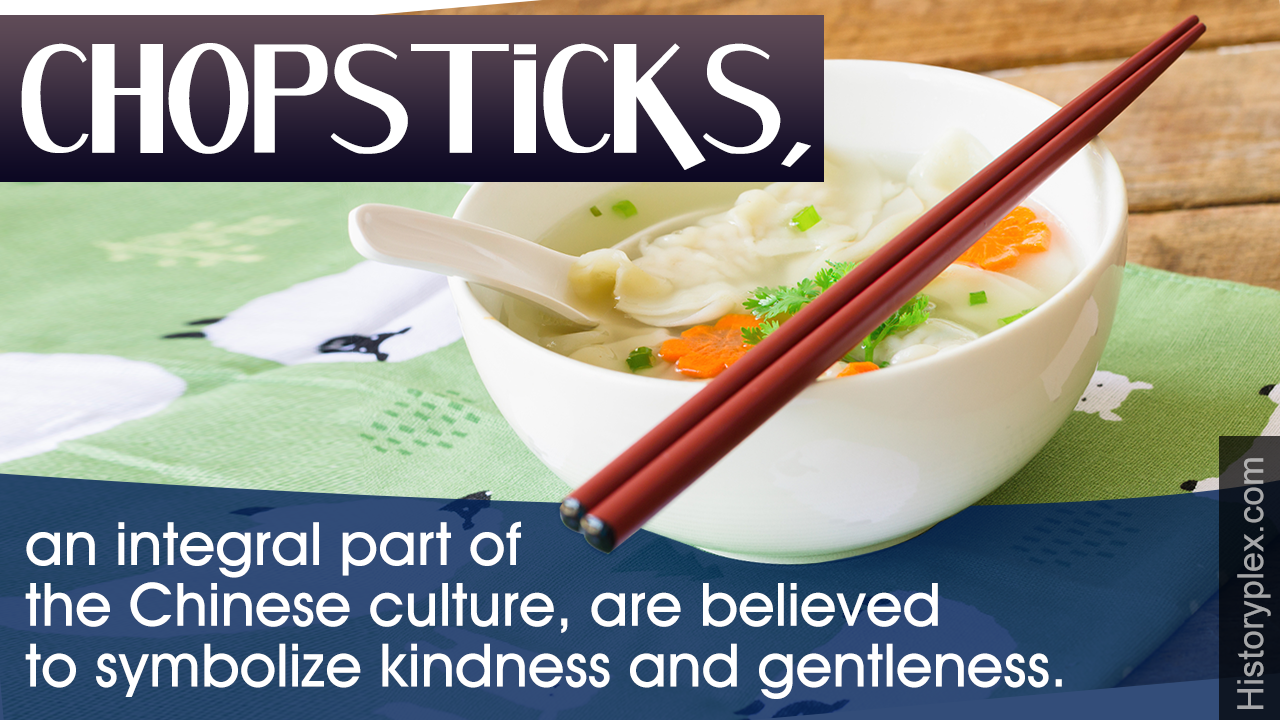
Ancient Chinese traditional customs are manifested in all the spheres of life of the Chinese. Take a look at some of the traditional customs of the Chinese.
A custom is often an established behavioral pattern that prevails through years. It is commonly the result of social influences on the people of a society. Traditional customs have their own analogies. They associate certain things or actions with certain happenings in life. Traditional customs are meant to invite good omen while warding off the evils.
Traditional Customs of China
- Chinese considered tea as one of their seven basic necessities. Firewood, oil, salt, soy sauce and vinegar were some of the other basic needs. Ways of tea preparation, the ways of tasting it and the occasions on which it is consumed make the Chinese tea culture unique. Children serve tea to their elders as a token of respect. People of lower order are supposed to serve tea to people of higher ranks. This custom is still practiced on formal occasions. When a person is served tea, he knocks on the table with bent index finger and middle finger to say, “thank you”. Chinese tea is not only their drink but also an ingredient of herbal medicines.
- Chinese weddings have certain traditional customs associated with them. As a form of expressing gratitude, the bride and the groom kneel in front of their parents and offer them tea. In response to this, parents drink a small portion of tea and gift the pair a red envelope. The tea ceremony was once an occasion of the families of the newly wed couple to know each other. In olden times, drinking the tea offered showed acceptance of marriage while refusal represented opposition to the marriage.
- As a part of the Chinese tradition, the husband has to carry his wife over a pan of coals so that she can successfully pass through labor. Pregnant women are supposed to be very careful in everything they do, as it is believed that their actions influence the unborn baby. The hour, day, month and year in which the baby is born determine the Eight Characters of Chinese Astrology under which the baby falls. The Chinese believe that these characters are highly influential throughout the life of the newborn.
- Chopsticks form an integral part of Chinese cutlery but few know what they stand for. Chopsticks are believed to symbolize kindness and gentleness. Confucianism taught the Chinese to abandon knives and forks from the dining table. So they have their food cut to bite-size before it comes on the table.
- New year is one of the most prominent festivals of the Chinese calendar. According to a Chinese myth, Buddha had asked animals to visit him on the New Year’s Day. Twelve animals came and Buddha named the year after each of them. The Chinese celebrate the lantern festival on the fifteenth day of each lunar month. New Year is about getting together. Red is believed to abolish bad luck. So people clothe in red for the New Year celebration. A long dragon made of silk, bamboo and paper is carried along streets. Young men hold the dragon and dance while carrying the dragon along. The Dragon dance is an ancient Chinese tradition.
- On meeting someone for the first time, the Chinese shake hands. A handshake may be accompanied by a bow to show respect. According to the Chinese customs, guests always gift their hosts on visiting them. It is best to present the host, fresh flowers or fruit. The hosts are not supposed to unpack the gift until the guests leave. Hosts usually escort their guests to a considerable distance when they leave.
- In ancient times, people used to cover the bodies of the dead with brushwood and clay and leave it in the family’s home. They left utensils filled with food near the corpse. They thought the spirit of the dead would re-enter the body and would need food. Food items, which would not perish soon were kept beside the dead body. The ancient Chinese dwelt in natural or artificial caves. The Chinese tradition of burying the dead in caverns emerged from this kind of dwelling. As time passed, people sought a separate place to bury their dead and this ancient practice changed.
Many of the ancient Chinese traditional customs are followed till date. They have undergone modifications and reforms due to the changing times. But if you visit China, you will realize that hospitality is a Chinese tradition!
